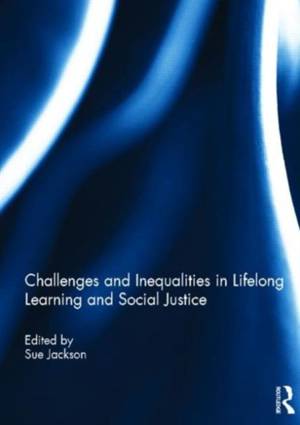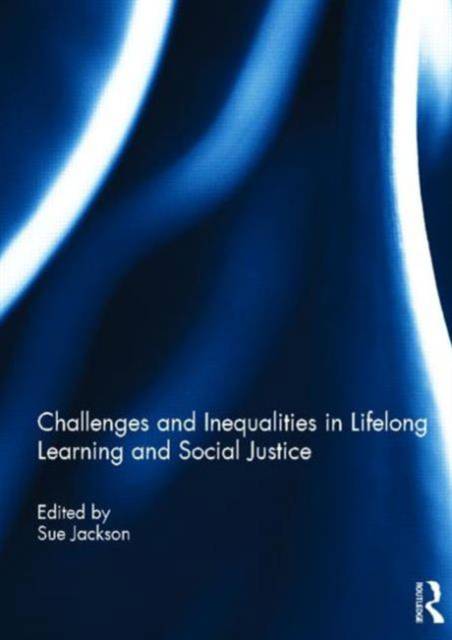
- Retrait gratuit dans votre magasin Club
- 7.000.000 titres dans notre catalogue
- Payer en toute sécurité
- Toujours un magasin près de chez vous
- Retrait gratuit dans votre magasin Club
- 7.000.0000 titres dans notre catalogue
- Payer en toute sécurité
- Toujours un magasin près de chez vous
Challenges and Inequalities in Lifelong Learning and Social Justice
Susan JacksonDescription
The connections and interactions of lifelong learning and social justice are complex and contested. Both are seen as a means to unconditional good, with little account taken of the inequalities and equalities located in constructions of power. This book develops critical ways to engage with international debates about lifelong learning and social justice through a range of competing and contested definitions, setting out some of the complexities and challenges of linking the two concepts. In particular, it engages in debates about the equalities and inequalities of learner identities, displacement and place. Its chapters consider those marginalised in complex and multiple ways, including gender, social class, ethnicity, age and migration.
This book was originally published as a special issue of the International Journal of Lifelong Education.
Spécifications
Parties prenantes
- Auteur(s) :
- Editeur:
Contenu
- Nombre de pages :
- 144
- Langue:
- Anglais
Caractéristiques
- EAN:
- 9780415837712
- Date de parution :
- 07-05-13
- Format:
- Livre relié
- Format numérique:
- Genaaid
- Dimensions :
- 173 mm x 246 mm
- Poids :
- 358 g

Les avis
Nous publions uniquement les avis qui respectent les conditions requises. Consultez nos conditions pour les avis.






